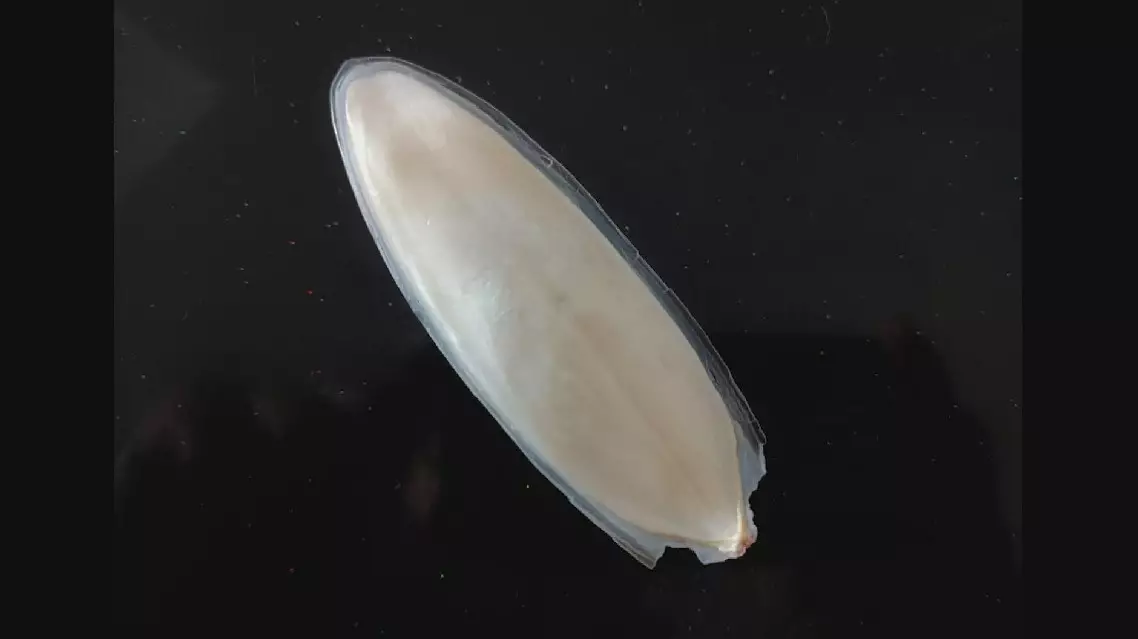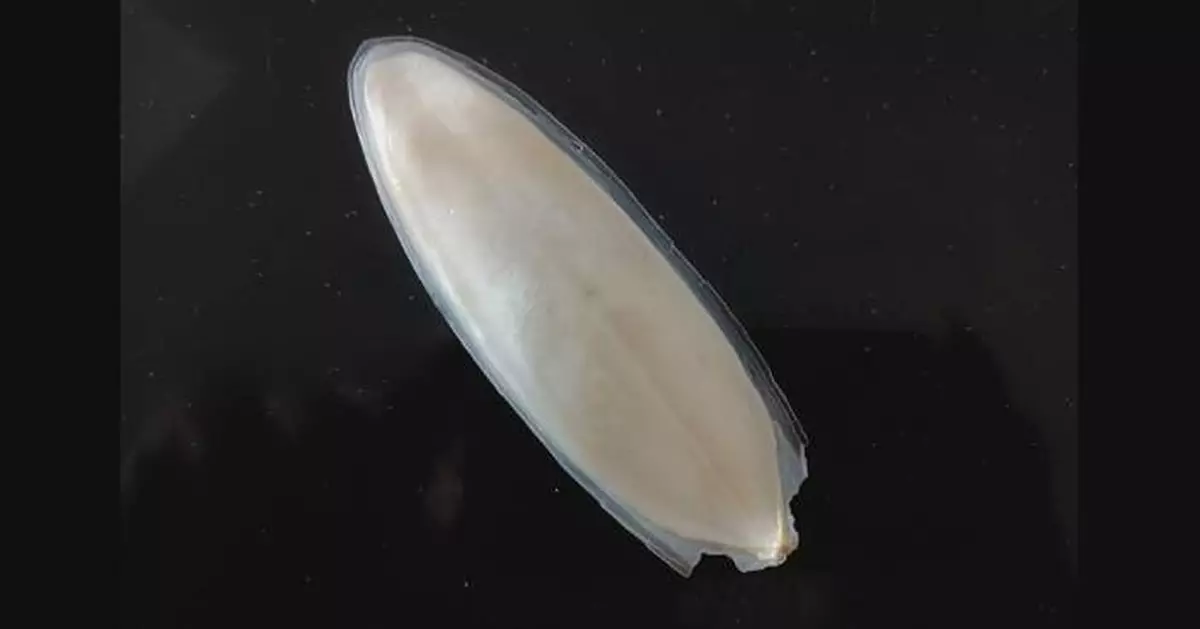Chinese researchers have developed a biodegradable foam that is capable of removing 99.8 percent of microplastics in water sources that adversely affect health.
Small plastic particles in water have become one of the most concerning consumer pollutants due to their pervasive presence in water sources.
The researchers from Wuhan University and Huazhong University of Science and Technology developed a new reusable and biodegradable foam that can absorb microplastics in water with an efficiency of up to 99.8 percent in its first use.
This sustainable fibrous foam is made of chitin from squid bones and cellulose from cotton. It has a porous structure that can attract and interact with diverse microplastics commonly found in electronics, food packaging, textiles and other industrial products.
The team evaluated the foam's performance using samples from real-world water sources to see if the foam would work in water found in a natural setting.
"By testing in four real-water bodies, including irrigation water, lake water, seawater and pond water, we found that the material demonstrates good versatility. It can absorb up to 99.8 percent of microplastics in its first use, and can still maintain a removal rate of over 95 percent after being reused for five times," said Wu Yang, one of the researchers.
According to the researchers, the material's adsorptive capacity remains basically unaffected by inorganic particles, heavy metals, organic pollutants and microorganisms in water. It is also fully biodegradable, ensuring it not to cause secondary pollution in the environment.
"Our research reveals that the crystalline form of the chitin in squid bones has a higher reactivity, making it easier to transform into a foam and enabling it to absorb more microplastics. With China's significant squid catch, the abundant squid bones that are regarded as waste can be used as a raw material for extracting chitin to make more efficient all-biomass microplastic adsorptive foams," said Wu.
The team has already applied for a patent for this technology, hoping to bring it into real-world water treatment or home water purifiers in the near future.
"The application scenarios we are considering include in small lakes, water plants, even tap water pipes and household water purifiers, all of which are easily achievable," said Deng Hongbing, one of the researchers.

Chinese scientists develop biodegradable foam capable of removing microplastics from water




















































